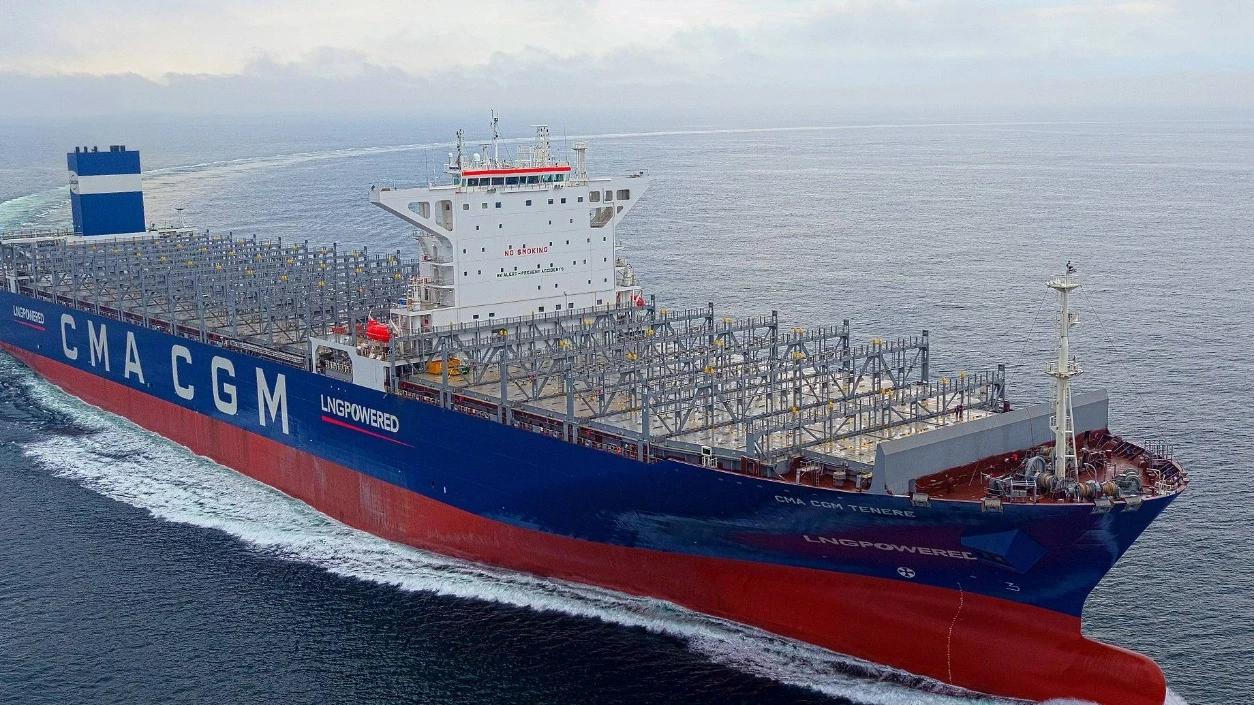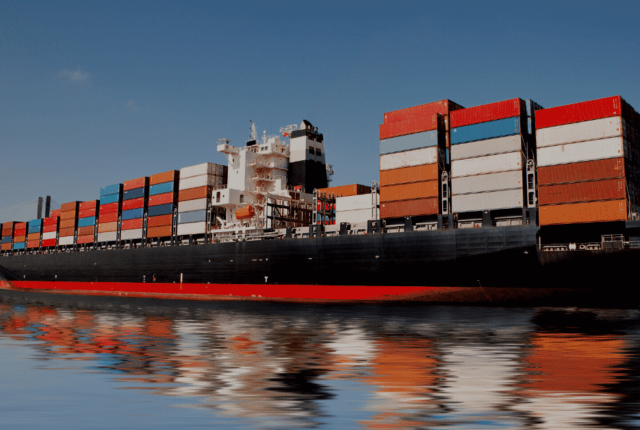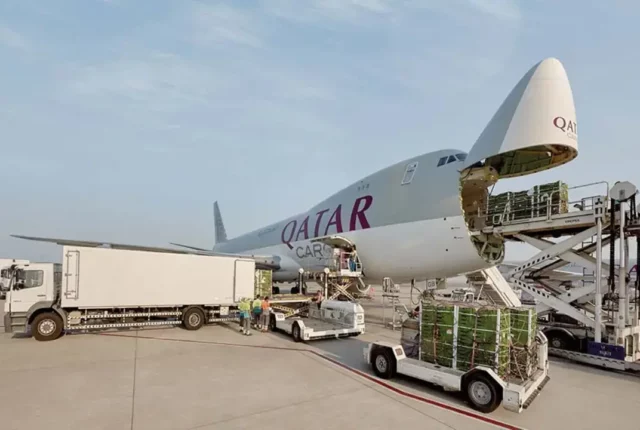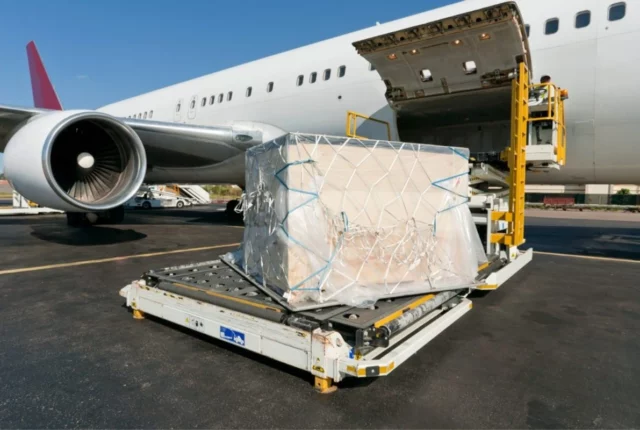
French shipping magnate Saadé pledges $20bn US expansion in Trump nod
French shipping magnate Rodolphe Saadé met President Trump at the White House on Thursday and pledged to invest $20 billion in the U.S. over the next four years as the administration pushes to revive the American maritime sector.
Saadé, the billionaire chairman and chief executive of Marseille’s CMA CGM, intends to triple the size of the container line’s U.S.-flagged fleet, upgrade its U.S. port facilities and create a Chicago airfreight hub, among other moves.
The investments will create 10,000 direct new jobs, Saadé said in an interview, adding most of the announced investment is new money that is being found or reallocated from other areas. It includes $8 billion for containerships, $7 billion for logistics, $4 billion for ports and $1 billion for air cargo, he said.
“We’re talking about a massive investment of a shipping company and a logistics provider in a given country,” Saadé said. “$20 billion over four years is very strong as a commitment to the U.S.”
The commitment comes as Trump presses to resurrect commercial and military shipbuilding in America and to challenge China’s dominance of the global maritime industry in ways that threaten profits at the world’s largest ocean carriers.
Trump, in a video from the White House posted on X, told Saadé that America’s maritime industry had lost its way and that in the coming weeks he will announce “a massive new program for building the largest ships in the world.”
Saadé told Trump: “You will have more ships with the U.S. flag as we move forward, and you can count on us to do as much as we can.”
Trump told Congress this week he would create a new Office of Shipbuilding in the White House. Administration officials are also considering an executive order to boost the domestic shipbuilding industry. Measures include charging fees on Chinese-built ships calling at U.S. ports to raise revenue for the maritime sector, according to a draft summary of the order reviewed by The Wall Street Journal.
That idea, which is subject to change, draws on recent proposals under consideration by the U.S. Trade Representative’s office. The fees of up to $1.5 million per port call are opposed by U.S. trade and agriculture groups as well as by the container line industry.
Saadé said the fees would “harm business and global trade.”
China dominates global shipbuilding. Almost 36% of CMA CGM’s container fleet, measured by capacity, is made in China, according to data firm Linerlytica. More than 64% of the company’s new order capacity is being built at Chinese shipyards.
The company operates a U.S.-flagged fleet of 10 containerships under its APL subsidiary. Because the ships are U.S.-flagged, they are crewed by U.S. sailors and are a preferred carrier for U.S. government and military cargo.
Saadé said CMA CGM will add 20 new ships to its U.S.-flagged fleet, most likely from South Korean shipyards. He said the company is talking to U.S. shipyards about whether and when they can make ships for the fleet and what size those ships might be.
CMA CGM routinely orders vessels from South Korea and China capable of carrying the equivalent of about 18,000 containers.
U.S. shipyards build smaller containerships. APL’s U.S.-flagged fleet ranges in size from ships capable of carrying the equivalent of between 1,600 and 6,000 containers.
Saadé said the U.S. accounts for a quarter of CMA CGM’s total revenue. The world’s third-largest carrier by capacity, earned $5.71 billion in net profit in 2024 on revenue of $55.5 billion.
It has spent billions of dollars in recent years building out its global logistics offerings. It purchased logistics specialist CEVA Logistics for $1.67 billion in 2019 and two years later launched its own airfreight service. It has also spent billions of dollars in the U.S. purchasing cargo-handling terminals at the two busiest West Coast and East Coast ports, at Los Angeles and at New York-New Jersey.
CMA CGM was already planning to spend hundreds of millions of dollars upgrading those and other port facilities to move more containers more quickly through congested gateways.
The company and its logistics subsidiaries employ about 15,000 U.S. workers.
Saadé said the company plans to double and modernize its network of about 200 U.S. warehouses and to open a research-and-development hub in the Boston area. He said the new Chicago air hub would be served by five Boeing 777 freighters carrying cargo between the U.S. and Asia.






